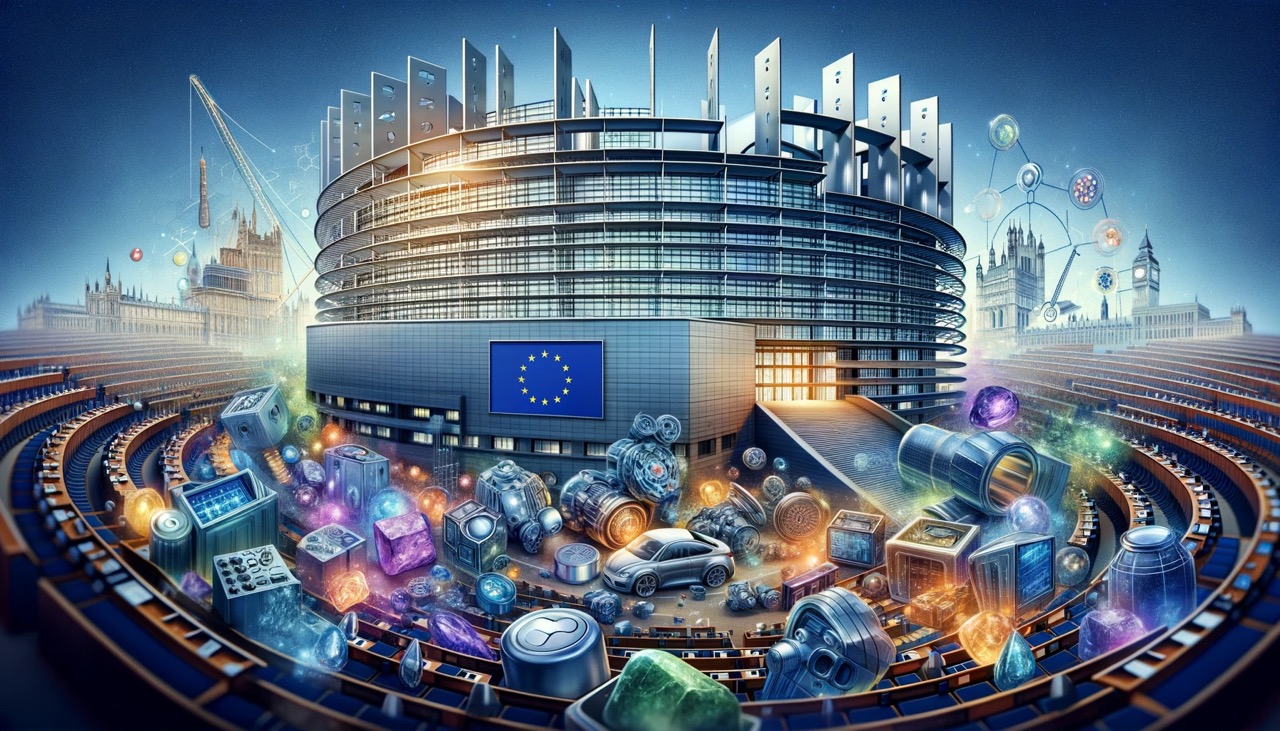Mario Draghi’s Call for EU Deregulation: A Path to Growth and Competitiveness
Former European Central Bank President Mario Draghi’s recent critique of European Union regulations has sparked significant conversation across social media platforms. In a tweet that quickly gained traction, Draghi emphasized the need for a thorough review of EU regulations, arguing that eliminating unnecessary rules and streamlining activities across Europe would not only revitalize growth but also strengthen the continent’s competitiveness.
The Call for Simplifying Regulations
Draghi’s suggestion centers around making more activities default legal, rather than default illegal. This principle advocates for a regulatory environment where citizens and businesses have more freedom to innovate and operate without being encumbered by superfluous and often outdated rules. The intent is to eliminate red tape that can stifle economic dynamism and prevent the lockdown of potential advancements.
The Current Regulatory Landscape
The European Union is known for having a comprehensive and intricate regulatory framework. While these rules are often established to protect citizens and ensure the fair functioning of the single market, critics argue that they can sometimes be overly burdensome. Small and medium-sized enterprises (SMEs), in particular, frequently find themselves grappling with compliance costs that larger corporations can more easily absorb. This disparity can limit the ability of SMEs to compete and thrive, ultimately hurting economic diversity and resilience.
Impact on Growth and Competitiveness
By simplifying the regulatory environment, Draghi suggests that Europe could unlock a new wave of economic growth. Reducing bureaucratic obstacles would empower businesses to scale more rapidly and encourage entrepreneurship. Additionally, a more business-friendly framework could attract foreign investment, with international enterprises finding Europe a more attractive location for expansion.
Moreover, in a global marketplace characterized by rapid technological advancements, Europe’s ability to innovate is crucial. Streamlined regulations could facilitate quicker adoption of new technologies and encourage investment in research and development, thereby aligning Europe more closely with global tech leaders like the US and China.
Challenges and Considerations
While the benefits of deregulation are clear, the process of implementing such changes is complex. There are concerns that overly lax regulations could lead to unintended consequences, such as reduced protections for workers or consumers and potential environmental degradation. The challenge lies in finding a balanced approach that preserves necessary safeguards while eliminating genuinely unnecessary constraints.
Policymakers would need to carefully consider which regulations truly hinder economic activity and which provide essential protections. Stakeholder engagement, particularly with business leaders, consumer advocacy groups, and regulatory experts, would be crucial in striking this balance.
A Call to Action
Mario Draghi’s critique has ignited a crucial discussion about the future of European regulation. For the UK, which continues to navigate its post-Brexit identity, this debate is particularly pertinent. As the country seeks to carve out a competitive edge globally, the call to make activities default legal rather than default illegal resonates strongly. Simplified, clear, and efficient regulations could be key to boosting the UK’s economic dynamism and ensuring its place as a leading global economic power.
As debates continue and more policymakers weigh in, the principles stated by Draghi could serve as a guiding framework for creating a more agile and competitive Europe, ultimately benefitting businesses and citizens alike.
